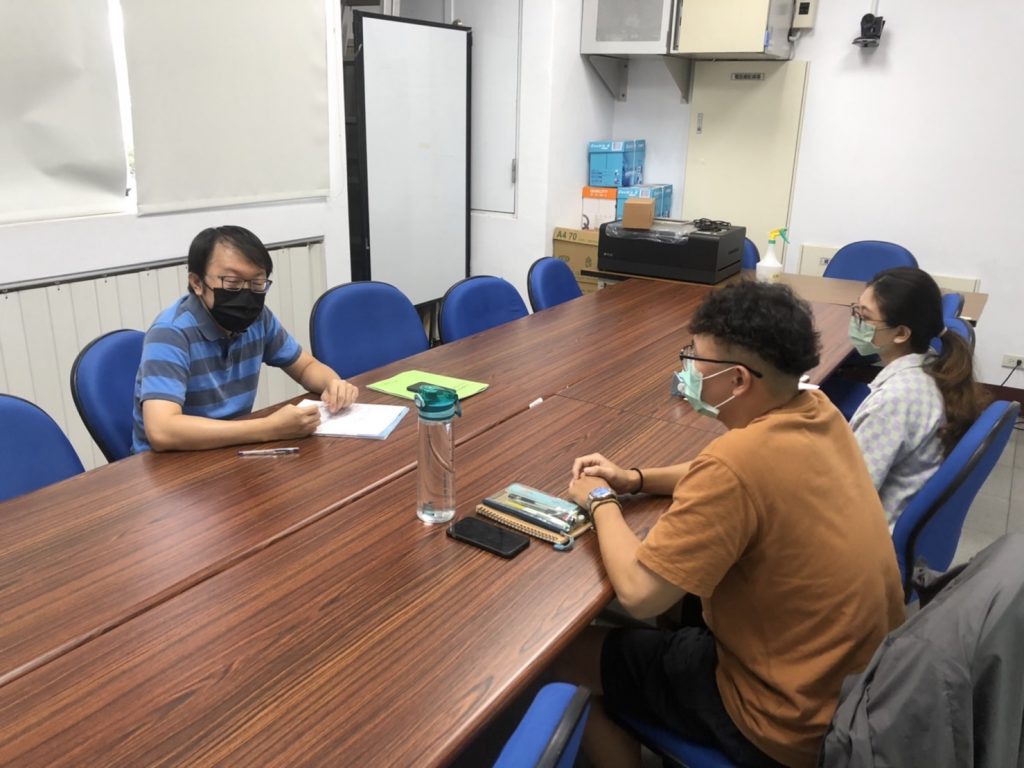The main goal of this event is to familiarize new students with the current trends, teaching and experimental environments, future prospects, and the vision for cultivating outstanding professionals in the field of animal vaccines. Through introductions and explanations by Director Ke Guanming, class advisor Wang Xiangyu, and other full-time faculty members, new students will gain a better understanding of the institute’s research framework and other related matters. The seminar includes a Q&A session planned between new students and teachers, enabling direct dialogue and immediate answers. This not only aims to enhance the students’ understanding of the animal vaccine field but also to continue and highlight the excellent tradition and current achievements of the Animal Vaccine Institute.
The seminar will cover five main aspects:
1.Course Selection Mechanism: Individual guidance and suggestions by each advising professor to strengthen students’ professional knowledge for animal experimentation and thesis writing.
2.Physical and Mental Counseling: Counseling for graduate students with special needs, with advising professors paying special attention to interactivity, learning conditions, and overall well-being. Assistance from other teaching staff and fellow students will also be available to provide confidence and encouragement.
3.Campus Safety: The institute implements access control measures. The premises are open during normal working hours and classes, with restrictions in place from 17:30 to 8:30 the following day on weekdays, as well as on public holidays.
4.Academic Issues: Establishment of learning groups (e.g., LINE, Facebook) for each new class, facilitating uninterrupted learning and discussions between students and teachers through social media platforms.
5.Emotional Issues: Advising professors will show concern or refer students to the university’s Student Counseling Center for professional counseling, case management, and support, listening to students’ difficulties, understanding their feelings, and offering advice.



